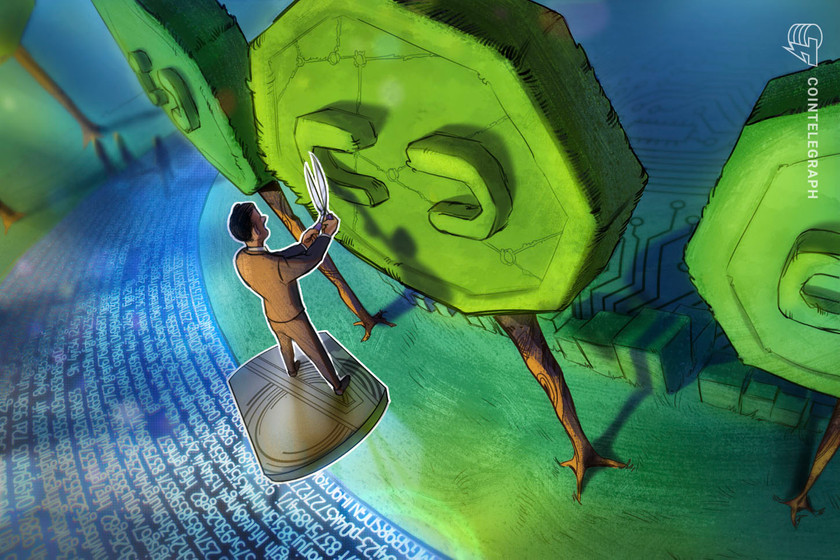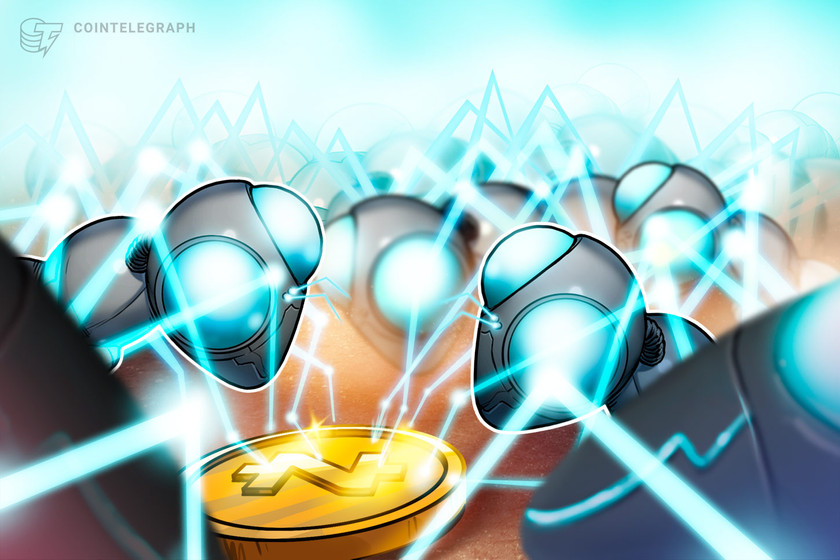Bitcoin price would surge past $600K if ‘hardest asset’ matches gold
Bitcoin (BTC) is due to copy gold’s explosive 1970s breakout as it becomes the world’s “hardest asset” in 2024.
That was one forecast from the latest edition of the Capriole Newsletter, a financial circular from research and trading firm Capriole Investments.
Bitcoin due big moves “and more” in 2020s
Despite BTC price action flagging at nearly 80% below its latest all-time high, not everyone is bearish about even its mid-term outlook.
While calls for a further drop before BTC/USD finds its new macro bottom remain, Capriole believes that 2023 will be bright for Bitcoin as a reserve asset.
The reason, it says, lies in the world economy’s financial history of the past century, and in particular, the United States after the dollar deanchored from gold completely in 1971.
Gold, as the world’s premier safe haven of the time, saw “huge” gains during the decade, and fifty years later, it is Bitcoin’s turn.
“Because gold was much smaller in the 1970s (and Bitcoin today is even smaller by comparison), it had capacity to make big moves through a decade of inflation and high interest rates,” Capriole wrote.
“That’s one reason why we believe Bitcoin will do the same, and more, this decade.”
Accompanying charts underscored gold’s potential to repeat its 70s behavior, among which were a “cup and handle” chart structure playing out since 2010.

When it comes to Bitcoin vying with gold for the safe haven crown, meanwhile, the potential lies in the numbers — at just 2.5% of gold’s market cap, BTC diving 80% from its $69,000 peak last year has little bearing on the overall picture.
“Given Bitcoin represents just 2.5% of gold’s market capitalization today, its 80% drawdown adds a mere 2% additional drawdown to the combined hard money (gold + Bitcoin) drawdown,” the newsletter continued.
“Giving a total hard money drawdown of 24% through to November 2022, comparable with the 1970 and 1975 figures for gold.”
Should the stage already be set for a Bitcoin copycat move of 70s gold, the growth potential is thus all the more impressive — even now, Bitcoin’s market cap is just 10% that of gold before its bull run of the time began.
“Bitcoin has more growth potential than gold because it is smaller. A like-for-like demand in both assets will result in a 40X greater price change for Bitcoin,” Capriole stated.
“The hardest asset in the world”
A further key argument echoed that long championed by commentators such as Saifedean Ammous in the popular book, “The Bitcoin Standard.”
Related: Bitcoin price ‘easily’ due to hit $2M in six years — Larry Lepard
There, the debate focuses on investors’ shift to Bitcoin as its inflation rate drops below that of gold, increasing its monetary “hardness” versus the metal.
“There are many other attributes that make Bitcoin stand out from gold, such as its equitable decentralization, ability to transfer instantaneously and be used for micro-payments. But most importantly, Bitcoin is harder than gold.”
This, Capriole added, will confirm Bitcoin as “the hardest asset in the world” at its next block subsidy halving in 2024.
“All-in-all, gold went up 24X in the 1970s,” Capriole summarized.
“Now imagine the 2020s, where the Fed can’t afford to be as aggressive (debt is way higher today) and we have digital, accessible, harder money: Bitcoin.”

The views, thoughts and opinions expressed here are the authors’ alone and do not necessarily reflect or represent the views and opinions of Cointelegraph.







